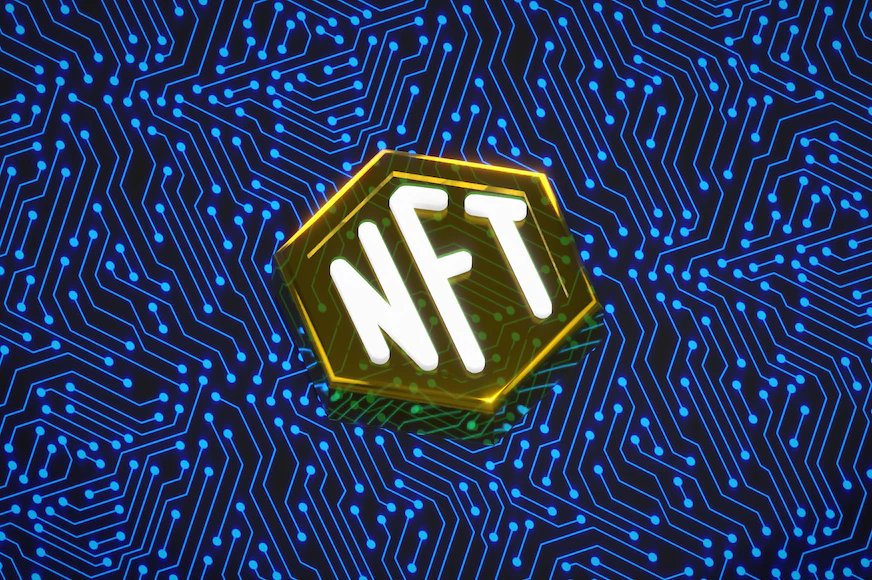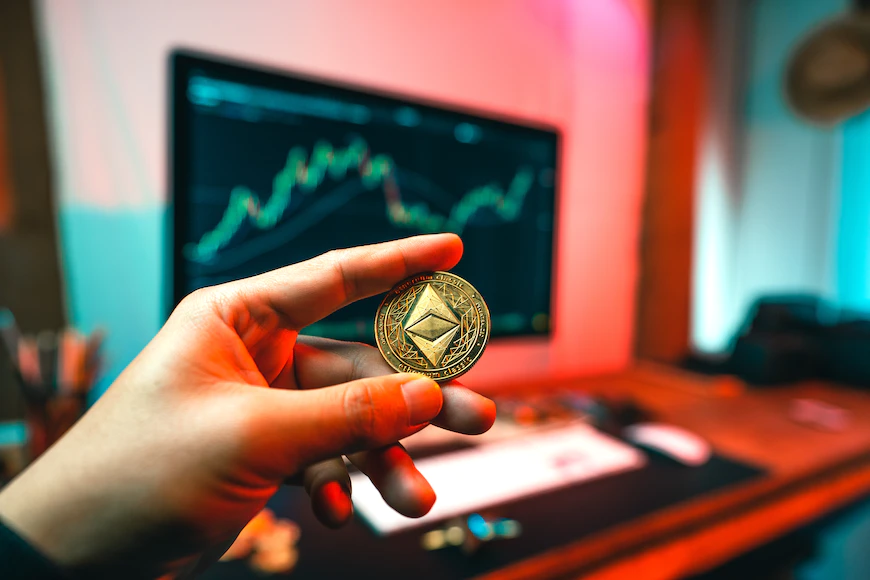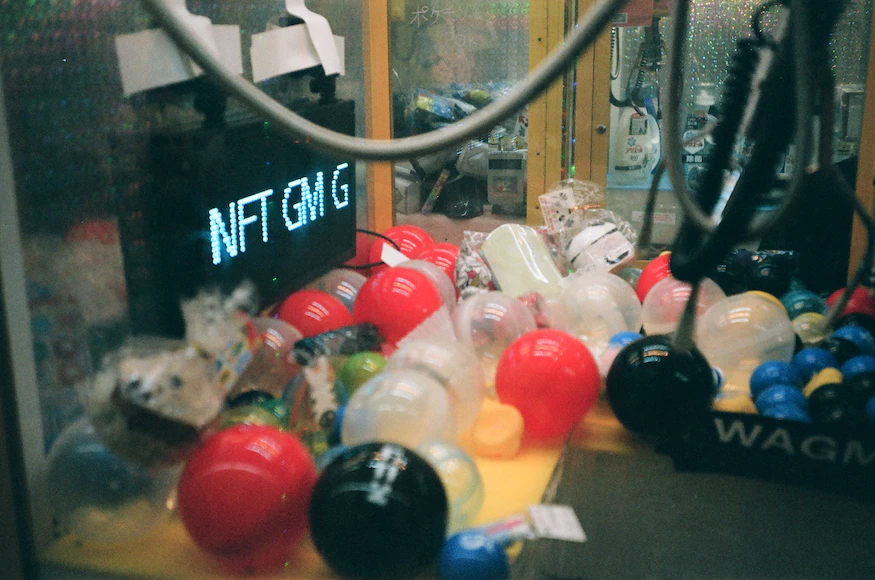"Some of the most meaningful innovations start with a school project and a big question: how can we make life better?"

Innovation isn’t just happening in labs or boardrooms, it’s taking shape in classrooms, school projects, and even after-school conversations. Across Singapore, children and teenagers have been coming up with creative ways to tackle real challenges.
Some have built tools to make daily life more inclusive, while others have designed tech that helps their peers better understand one another. These ideas may start small, but they’re thoughtful, practical, and often deeply rooted in personal experience.
1. Turning Bullying Into a Learning Game

When Joeson Toh was in Primary 3, he witnessed a moment that stayed with him: a smaller-sized student being pushed around by someone much bigger. He didn’t step in at the time, but the memory stayed. Having gone through bullying himself, Joeson understood how deeply it could affect someone. He didn’t just want to forget it. He wanted to act.
As he got older, he began to notice that bullying wasn’t always loud or obvious. Sometimes it happened with words, other times online, where it was harder to see but just as harmful. It could affect how they saw themselves. That idea led him to build something meaningful.
He created a game called Kai Wins, an interactive experience designed to help students better understand the emotional impact of bullying. Through storytelling and gameplay, the game encourages players to think about what others may be going through. Joeson used Scratch, a free coding platform, to build it from the ground up. The process was tough, and at one point, he almost gave up. However, encouragement from teachers and mentors helped him push through the challenges.
He kept improving the prototype and testing different features and ideas. That persistence was recognised at the 2023 Pratt & Whitney Singapore Invention Convention (PWSIC), where Joeson received the Dare to Invent Award. The award recognises a student who takes on a tough issue with courage and thoughtful problem-solving.
Held over two days in November 2023, the convention brought together more than 240 student inventors from Singapore, Indonesia, and the Philippines, each presenting solutions to real-world problems.
For more insight on bullying, check out this article: Steps to Take If Your Child Is the Bully.
2. Smart Glasses That Help People Hear With Their Eyes

At the 2024 Samsung Solve for Tomorrow competition, a pair of students from Anglo-Chinese School came away as the grand winners with an idea that could make a real impact for people with hearing loss. Their invention, called SilentGuide, is a pair of smart glasses that transcribes spoken words into subtitles in real time.
Designed by Aiden Lim and Karan Gopu Pillai, the glasses were built to support individuals with hearing difficulties by helping them better follow conversations in everyday settings. With SilentGuide, users don’t need an internet connection. Spoken words are picked up through a tiny I2S microphone, which sends the audio to a Raspberry Pi 4 tucked into the device. The system processes everything on the spot and displays the subtitles on a small OLED screen built right into the glasses.
This practical and accessible approach means the device could be useful in a wide range of situations from chatting with friends to navigating public spaces. With around 500,000 people in Singapore living with some form of hearing loss, the potential reach of the invention is significant.
Their team, named RedBlueGold, received $7,000 in cash and $10,000 worth of Samsung products to continue developing the idea and bring it closer to real-world use. The judges were impressed not only by the technical skill behind the project but by the thought the team put into how it could meet a real social need.
The Samsung Solve for Tomorrow competition is designed to give secondary school students a platform to share ideas and use technology to improve everyday life. Aiden and Karan’s project stood out because it tackled a challenge that often goes unseen and they found a creative way to make communication a little easier for those who need support hearing.
3. Smarter Traffic Lights, Kinder Streets

For many of us, crossing the road is a quick, automatic act, but for someone using a wheelchair or walking aid, even a green light might not feel like enough time. That’s exactly what caught the attention of three students from the Institute of Technical Education’s School of Electronics & Info-Comm Technology. After seeing how older pedestrians and people with mobility challenges often struggle to tap the Green Man+ reader or complete their crossings before the light changes, they decided to rethink how our traffic lights could better support everyone.
Calling themselves Team Mobility, the students came up with a thoughtful AI-powered upgrade to Singapore’s pedestrian crossing system. Their idea: use a smart camera installed on traffic lights to detect when someone is using a wheelchair, walking aid, or blind aid. When spotted, the system automatically extends the green man time, giving pedestrians more room to cross safely and calmly. For those with visual impairments, the light will also activate its audio signal. If someone is still mid-crossing when the timer runs out, it extends again.
What sets this apart is that the system works in real time. The camera recognises specific mobility aids using Huawei’s ModelArts AI platform, which has been trained to identify these objects and respond instantly. There’s no need to fumble with a card reader, the system is built to observe, understand, and respond quietly in the background.
In October 2023, this project won first prize and S$15,000 at the Tech4City competition organised by Huawei International, along with an extra S$3,000 for best innovation in mobility, sponsored by SBS Transit. More than the awards, the students hope their idea encourages people to show more patience and care. As they observed, reactions from drivers can sometimes be less than polite when delays happen, so their project also serves as a reminder that small delays can mean a great deal to someone who simply needs a little more time.
4. Hwa Chong Students Shine in Engineering Innovation Challenge

On 26 August 2023, students from Hwa Chong Institution (HCI) swept the top three prizes at the Engineering Innovation Challenge (EIC), a national competition that drew 137 teams, including participants from overseas. The event, themed “Shaping a Circular Economy through Engineering,” challenged students to design prototypes that could help cities like Singapore become more resilient and sustainable.
The first prize went to Team J-17, whose project focused on rethinking pharmaceutical packaging. Their idea? Turn food waste into starch-based biodegradable plastic, an eco-friendly alternative to conventional packaging used in medicine. It was a clever blend of science and sustainability, showing how engineering can help reduce waste in ways that are both practical and meaningful.
Second place went to Team J-19, who studied how wave attenuation devices could be used to manage coastal erosion, an increasingly relevant concern for island nations like Singapore. Meanwhile, Team J-18 earned third place with BotaniCube, a prototype that explored urban farming systems for city spaces.
The awards were presented by Deputy Prime Minister Heng Swee Keat, who recognised the creativity and hands-on thinking demonstrated by the young teams. For the students, the experience went far beyond competition. One team shared that working with bioplastics taught them how even simple materials can be part of bigger solutions, a reminder that fresh thinking often starts with everyday things.
5. A Vending Machine That Makes Recycling Fun for Kids

Recycling might not sound like the most exciting activity to a five-year-old, unless it comes with a bunny-shaped vending machine and snacks. That’s exactly what Team MFL, a group of students from the Institute of Technical Education (ITE), brought to life at Sustainable Innovation Asia 2025.
Their invention, called BINNY, is an interactive vending machine shaped like a bunny that gives out treats when children deposit recyclable items. Designed with kindergarteners in mind, BINNY turns recycling into a hands-on and rewarding activity. It’s a clever way to introduce young kids to sustainability in a way they can understand and enjoy.
Team MFL’s idea stood out at the event, earning them the People’s Choice Award, thanks to its fun concept and practical impact. Parents, educators, and industry professionals at the event were drawn to how the project blends environmental education with something as simple and familiar as a snack machine.
BINNY was part of a larger platform encouraging students to explore real-world issues through creativity. Organised under the SDTA Youth Chapter, this initiative supports students from ITE, polytechnics, and universities in bringing their ideas to life. Backed by Enterprise Singapore’s SWITCH platform, Go Green SG, and the Ministry of Culture, Community and Youth’s SG Youth Plan, the programme reflects a growing effort to make innovation accessible and relevant to the next generation.
Check out more inspiring articles for kids and teens: George Goh Ching Wah: The Successful Journey from Factory Sweeper to Billionaire, and Greta Thunberg’s Influence on Today’s Teen Climate Activists.










